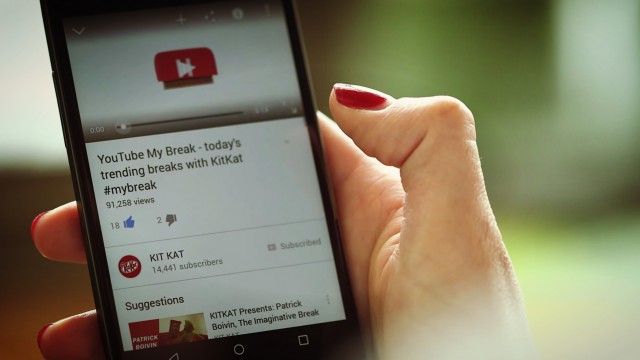
Sorry, Americans, there are no 'YouTube My Break' Kit Kats for you
YouTube and Kit Kat lovers across the pond have reason to gloat. Unless imported—and there is a legal settlement prohibiting such practice—"YouTube My Break" campaign chocolate bars will not be coming to these shores. Yesterday, Google and Nestlé announced the branding collaboration, which replaces the Kit Kat logo with "YouTube break" on 600,000 wrappers.
"Hershey does license the rights to Kit Kat in the U.S.," a company spokesperson tells BetaNews. "At this point in time Kit Kat U.S. is not participating". That's okay, because I look at the UK campaign and wonder: "Why now?" In 2013, Hershey joined the Nestlé-Google collaboration that put the green Android robot on Kit Kat bar wrappers when the mobile operating system of the same name shipped. That tie-in I understand.
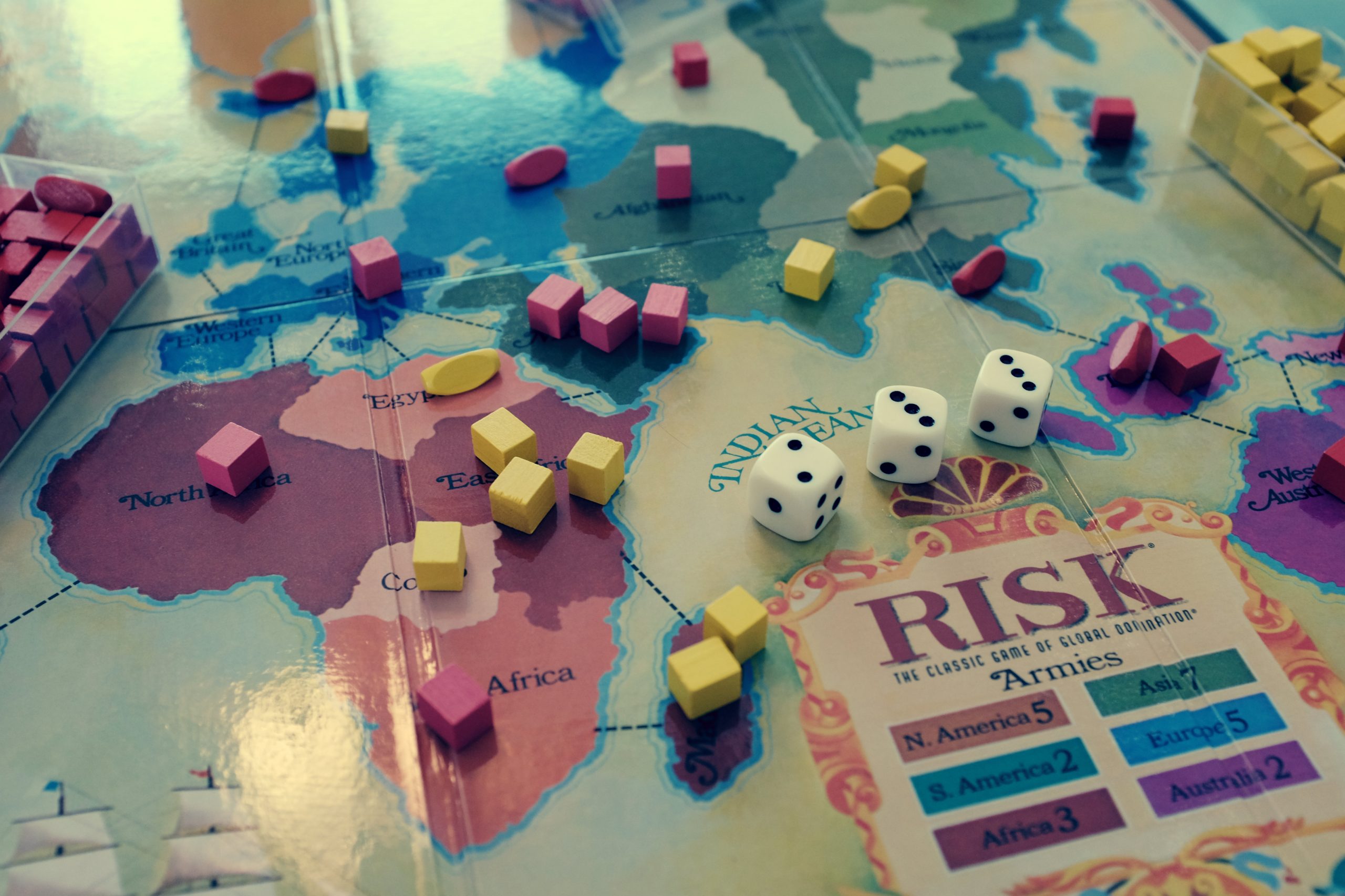
Verizon pays $4.4B for Arianna Huffington
The headline may seem a bit outrageous but is a fair assessment of what Big Red gets from its proposed purchase of AOL. The all-cash, $4.4 billion deal would strengthen Verizon's media portfolio, and I wonder: Is this what happens when there is Net Neutrality? ISPs become content carriers?
Verizon's venture cannot be understated for what it means. Like a game of Risk, where players jockey for early-play position and forge alliances with eventual combatants, mobile is a battleground in the making. Territory captured now will mean everything in the future. AOL's content portfolio, which includes Huffington Post, is among the major assets.
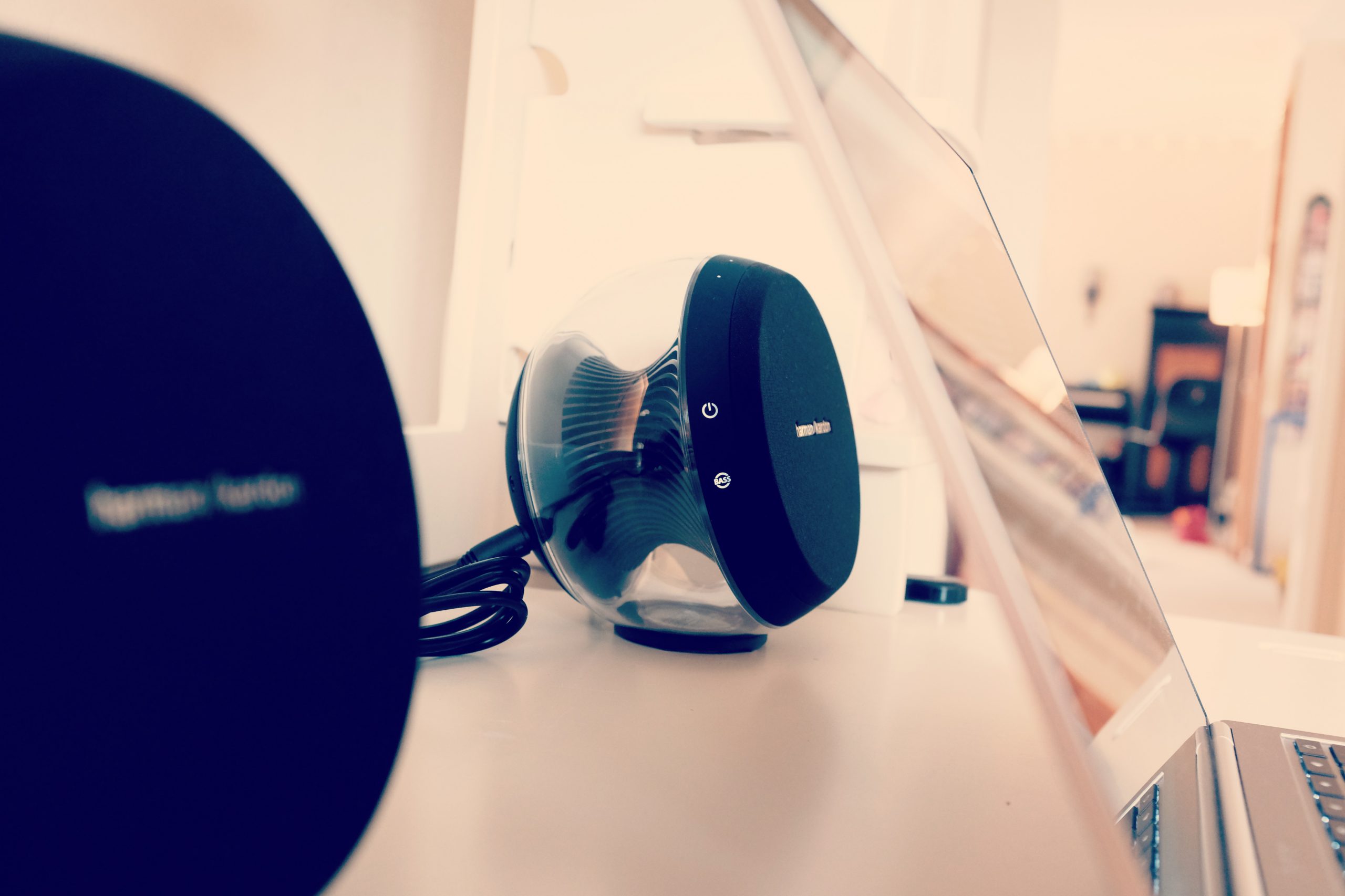
Harman/Kardon Nova is bright [Review]
My daughter's cat Cali loves to chew cords—a habit we will eventually break. Meanwhile, it's good excuse to invest in new wireless speakers that diminish some of the cord clutter. Our 20 year-old also is moving home for the summer, putting more wires at risk and necessitating some speaker swaps. She takes my Harman/Kardon SoundSticks, which subwoofer meets her requirement for thumping bass; I don't need it and switched to a space-saving, cord-reducing duo set.
Spectacular sound is my description for Harman/Kardon Nova, which deliver rich treble, magnificent highs, fine detail, and more-than-adequate bass for the kind of kit. Separation and soundstage are bold—dynamic! The speakers are best appreciated when matched to the right source. I stream from lossless leader Tidal on Chromebook Pixel LS, connected via Bluetooth. The combination is immensely enjoyable and makes me happy while working, which boosts the quality and speed of my productivity.
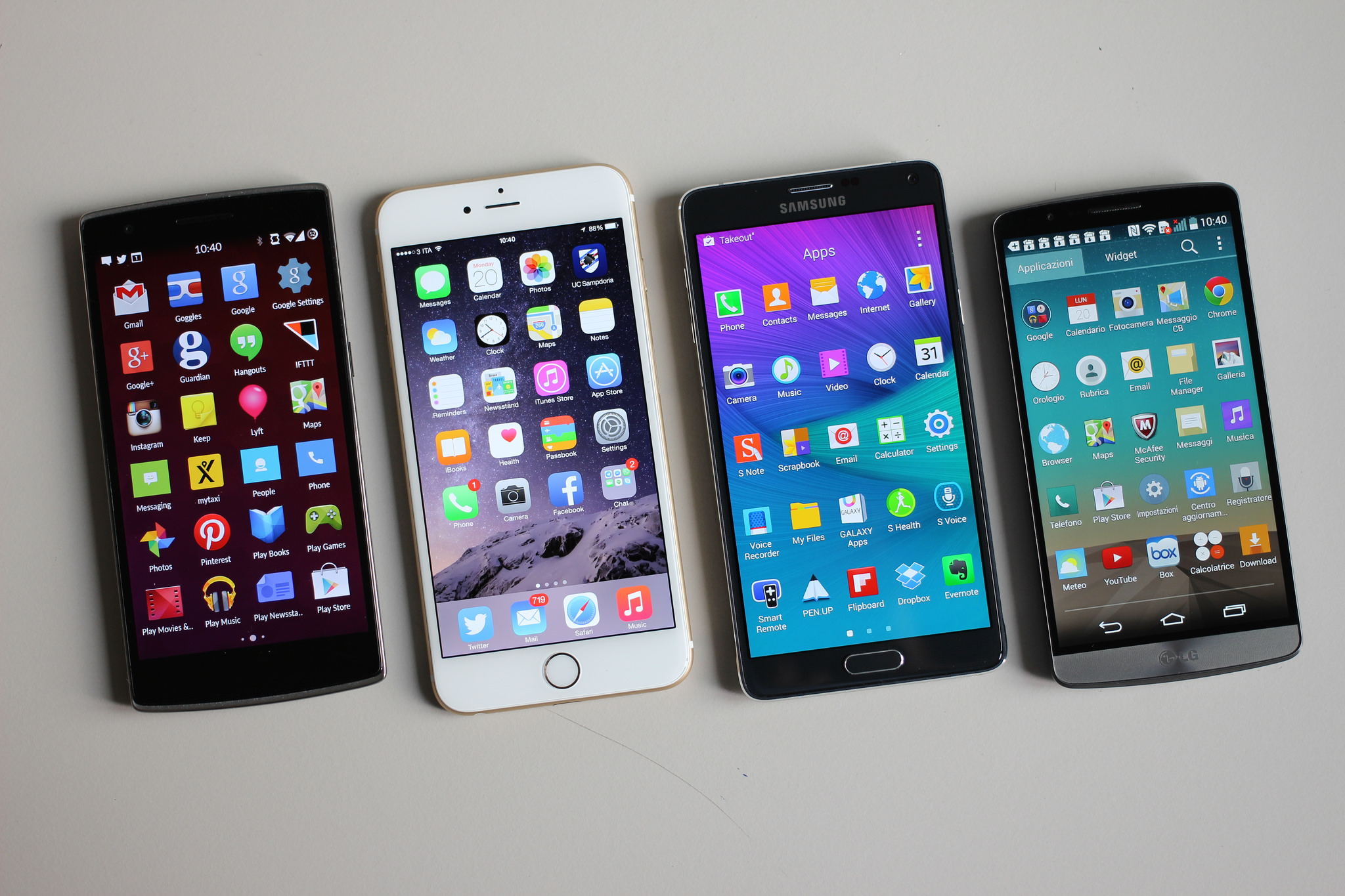
U.S. smartphone market is phabulous
Alongside Euro-zone cell phone data, U.S. first-quarter 2015 phablet shipments are out from Kantar Worldpanel ComTech. Depending on how the numbers are cut, fanboys can rally for their platform.
Spurred by iPhone 6 Plus, iOS showed strong performance, representing 44 percent of phablet sales. However, the number of iOS smartphone switchers from Android fell -- to 11.4 percent from 14.6 percent year over year -- supporting early anecdotal evidence that existing Apple customers are the most-likely 6 Plus buyers. Also confirming: Android smartphone conversions from iOS fell from 9.8 percent to 5.9 percent.

My definition of 'modern' computing
Late yesterday I posted my review of Chromebook Pixel LS, which Google released in early March. The write-up is purposely rah-rah to impose the importance of embracing contextual cloud computing and to shakeup preconceptions about Macs being the tools of the creative elite. I also call "dumb" developers who may receive free Pixels during Google I/O later this month only to then sell them online.
One reader comment, from SmallSherm caught my attention, for accusing me of calling him (or her) stupid and for insulting other readers. After writing my response, I wondered how few people would ever see the interaction, which I regard as being quite valuable. So in the interest of fostering further discussion, I present our two comments for your Tuesday thought train.
Chromebook Pixel LS is nearly perfect [Review]
Mark the date with an alarm. Around May 28, 2015, sellers likely will fill eBay and Craigslist with spanking new Chromebook Pixels, available for bargain prices—if anything less than $999 or $1,299 could be considered a deal. Google's developer conference commences that day, when I expect many attendees will receive and quickly dispatch shiny, new laptops. Big G gave away the pricey Pixel two years ago, and it's good guess will do so again. Smart developers will keep the machines; many will not. Dumb move, but who am I to judge, eh? Pixel rests at the precipice of future computing, for those open-minded enough to welcome it. They are few.
If you are among those who get the Chromebook concept, who thinks about purchasing the laptop, but waffles indecision, watch for short-term selling prices that could meet what your sensibilities and spending budget can tolerate. It's good background for me to finally review the higher-end of the two costliest Chromebook configurations. My primer can help you decide whether or not to bother, either for full price now or for the chance of less later. Why wait? I wouldn't and didn't. I received my Pixel in March, on Friday the 13th, ordered two days earlier from Google. I use no other computer. It's more than my primary PC and could be yours, too.
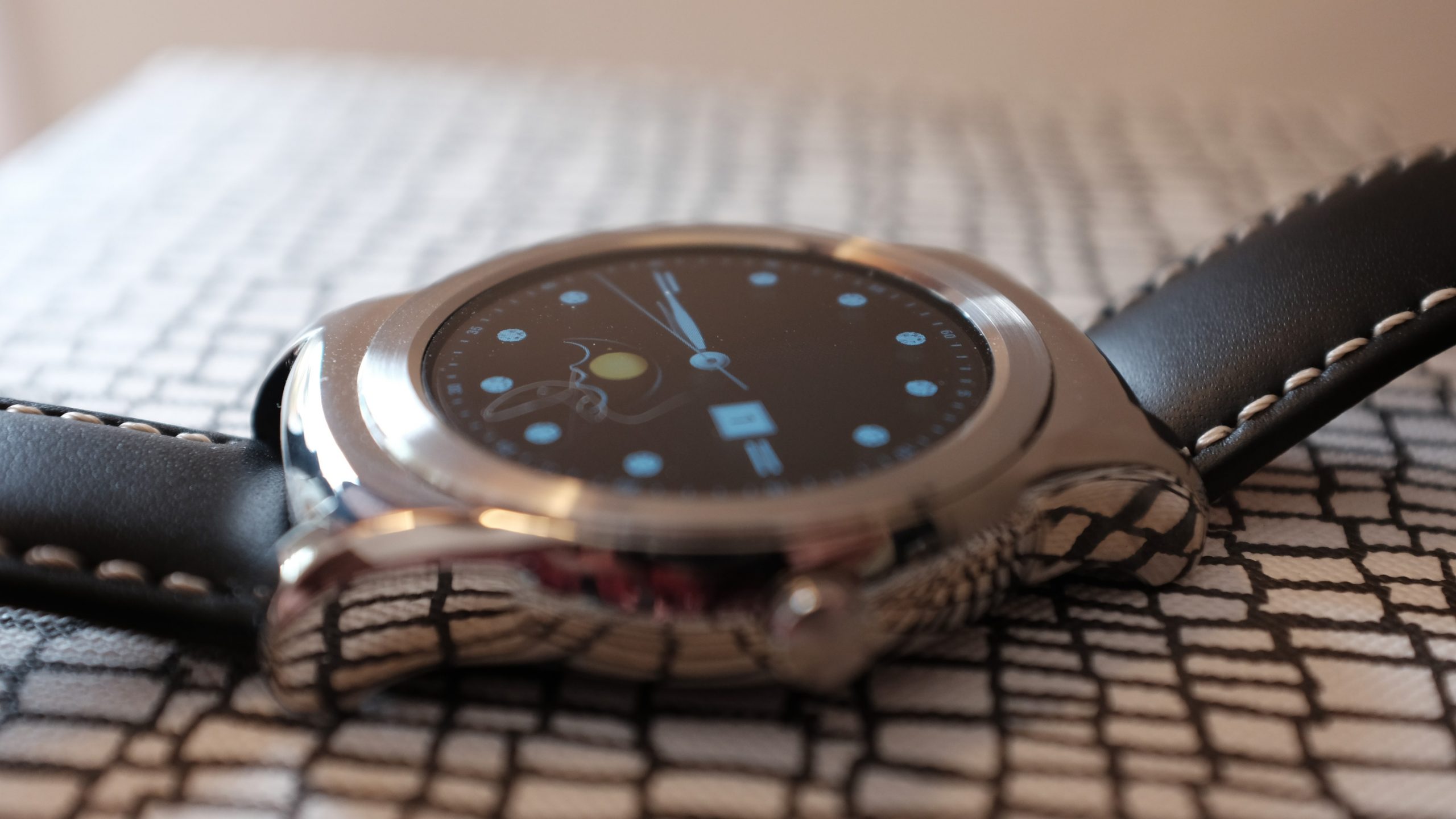
LG Watch Urbane fast, first impressions [mini-review]
Early yesterday afternoon, LG Watch Urbane arrived from Verizon. Turnaround is quick for anyone who wants one right way, rather than waiting for Google to ship (now 1-2 days rather than by May 8). I am rushing a first-impressions review, and some comparison to the Moto 360 is mandatory. If round is your taste, consider one of these two smartwatches.
Meantime, to collect my thoughts for the review and for anyone considering the Urbane, I share something sooner. Overall, I am satisfied with the initial out-of-the-box experience. Urbane is gorgeous and looks like a traditional watch. The always-on, dimmed face contributes to the effect—without bleeding dry the charge. The watch is also more functional as a timepiece, as such. I mean, shouldn't it be?
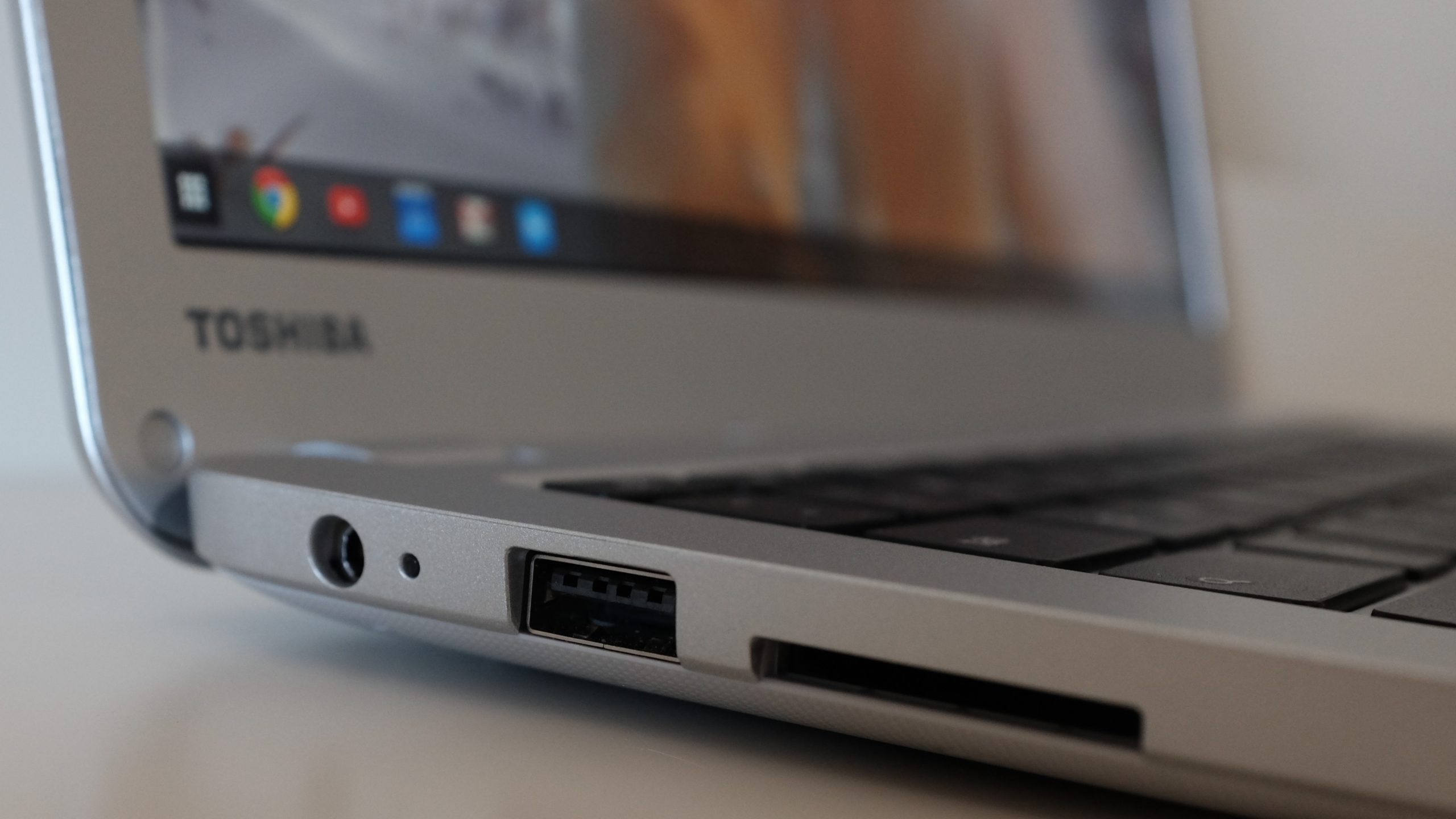
Euro currency crisis raises Chromebook's sales appeal
What if you manufactured a low-cost, underpowered laptop -- and the configuration suddenly turned into a massive marketing advantage? That may well be the opportunity ahead for Google and its Chromebook OEM partners; if they seize the opportunity.
As we reported Wednesday, Gartner predicts that currency devaluation will compel major computer manufacturers to raise prices by as much as 10 percent, particularly across Europe and in Japan. Higher prices mean more customers will do with leaner configurations, and choose sub-$500 systems. Meanwhile, PC makers will give purchasers less for more money, cutting back features to preserve margins while shifting sales priorities to markets where currencies are more buoyant. What is Chromebook already? A lean, low-cost PC in that price category but better optimized for hardware.

Blame the dollar: PC prices rise, as features fall
Gartner predicts that currency devaluation will compel major computer manufacturers to reverse a longstanding trend. "PC vendors selling to Europe and Japan, where local currencies have fallen up to 20 percent since the start of 2015, have little choice than to raise prices to preserve profits" -- by as much as 10 percent, Ranjit Atwal, Gartner Research director, says in a statement earlier today.
Higher prices mean more consumers will do with leaner configurations, and many businesses will push back upgrades. All the while, PC makers will give customers less for more money. Atwal anticipates fewer features in new computers in affected markets and increased sales emphasis in "regions least affected by these currency effects".
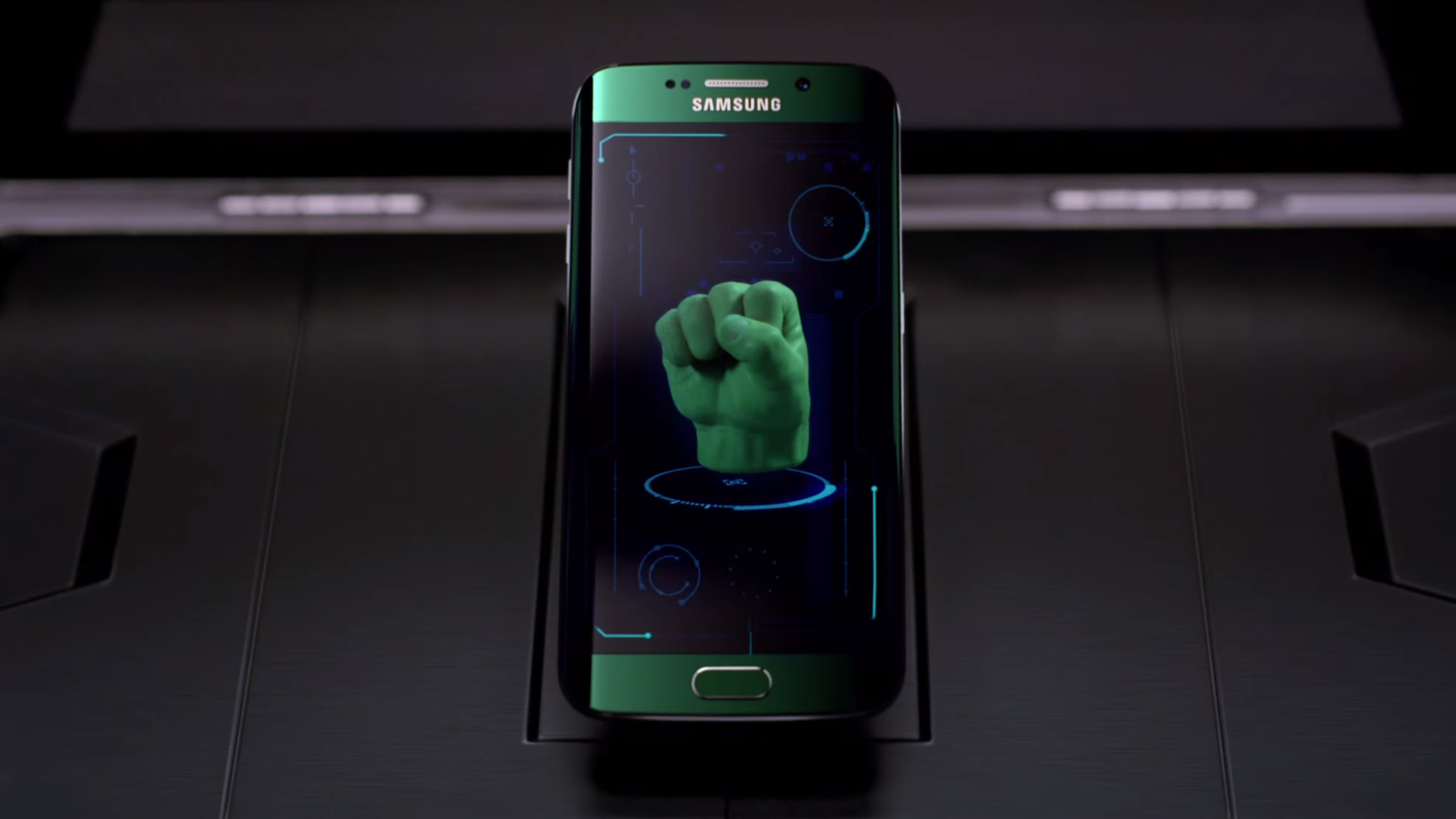
Samsung fights for 'Avengers: Age of Galaxy S6'
Samsung is down but not out in the global smartphone shipments battle with top rival Apple. That is the conclusion from analysts at Juniper Research, which like Strategy Analytics released first quarter 2015 data today. Juniper sees sharp rebound from Galaxy S6 and S6 Edge, which "reception" is stronger than their predecessors.
Quarter-on-quarter, Samsung smartphone shipments -- 82 million units -- rose by 23 percent but fell 29 percent year over year. By comparison, annually, Apple shipments soared by 40 percent, to 61 million, largely lifted by China. The country's importance to the fruit-logo company cannot be overemphasized for either manufacturer. But Apple reaped the big crop, with shipments up 71 percent that generated $16.8 billion in revenue.
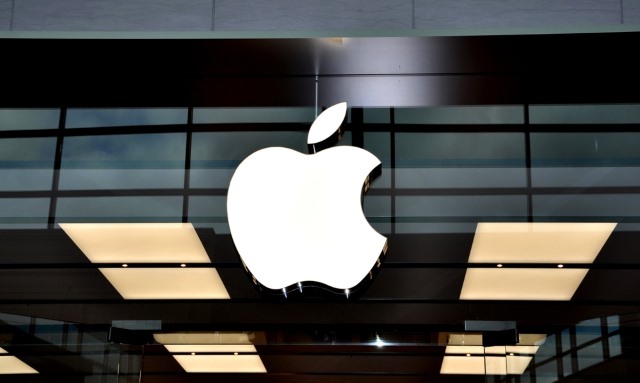
Apple Fiscal Q2 2015 by the numbers: Profit rises 33% to $13.6B
If there be ghosts, Tim Cook should expect sleepless nights ahead. Surely Steve Jobs can't stand to be so overshadowed by his successor, who takes Apple where the cofounder couldn't: Massive earnings and margins. Today, after the closing bell, the company reported yet another ridiculously blow-out quarter, largely lifted by iPhone. If the smartphone market ever collapses, Apple Armageddon will follow. In the present, momentum is unstoppable.
Some perspective: Apple's net income was more than two-and-half times Microsoft's during the same time period (calendar Q1 2015) -- and 3.8 times that of Google. To reiterate, those comparisons are put-in-the-bank profits, not revenues. By the numbers: $58 billion in sales, $13.6 billion net income, and $2.33 earnings per share. Wall Street consensus was $56 billion revenue and $2.16 EPS. Year over year, revenue rose 26.6 percent and net sales by 33 percent.
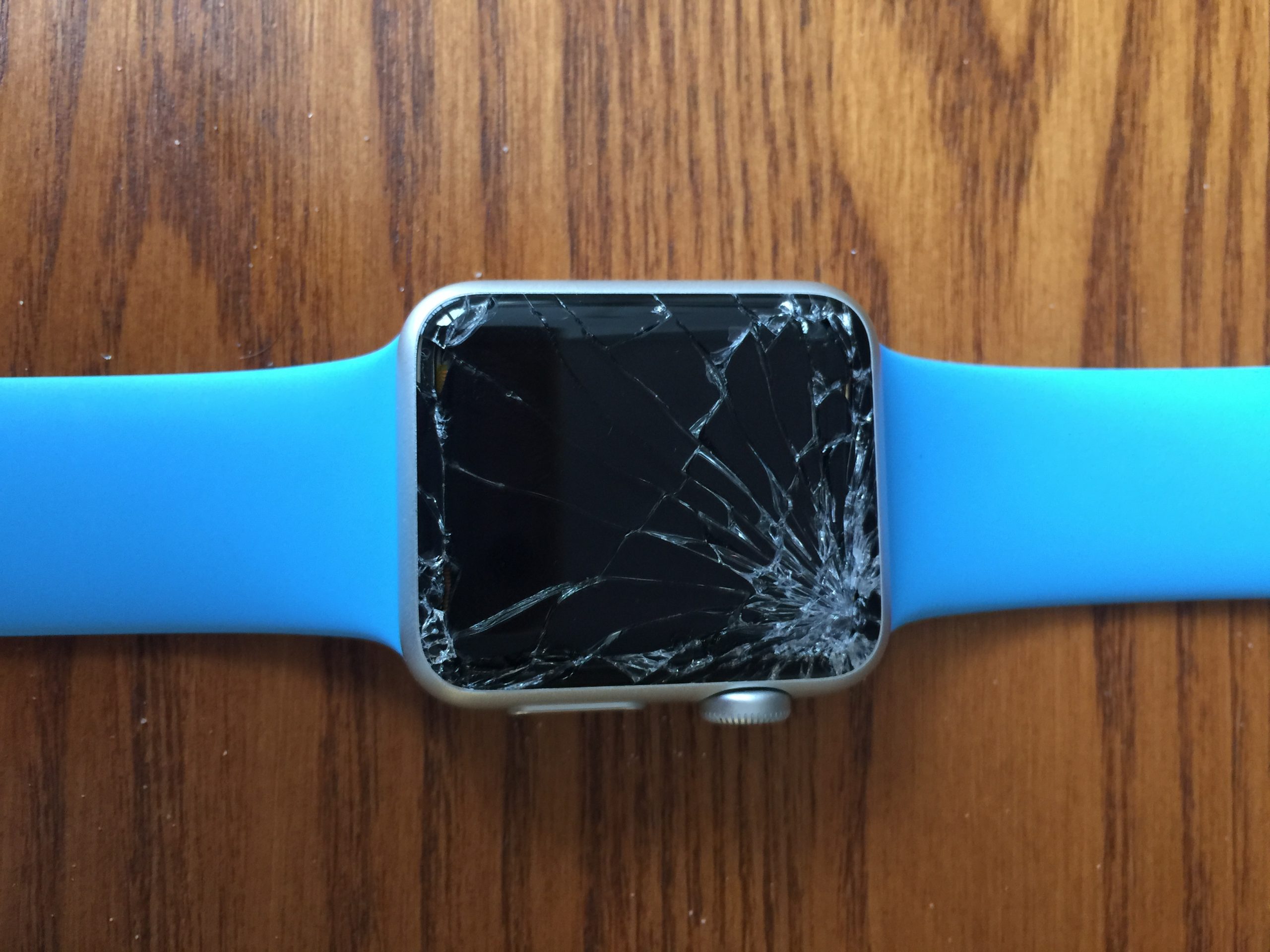
'Normal use' shatters Apple Watch
Saturday afternoon, new Apple Watch owner Ken Lecomte posted a frightening photo to Google+: His device with shattered screen. The spider-spray pattern is eerily familiar -- one seen so many times -- like an iPhone clumsily dropped to floor or pavement. The fruit-logo company boasts about the gadget being a wrist computer, but should it be as easily breakable as the other that customers carry?
We wanted to find out. BetaNews proactively contacted Lecomte for his full story and additional photos, which in part authenticate the breakage. His claim is serious: That the strap came undone as he pulled hands from pocket, flinging the smartwatch to destruction. BetaNews takes allegations like this seriously, which is why rather than repost or reshare his photo, as others have done, we contacted the alleged victim, who wants to prevent others from meeting the same fate. His local Apple Store quoted $229 to fix the $349 Sport watch.
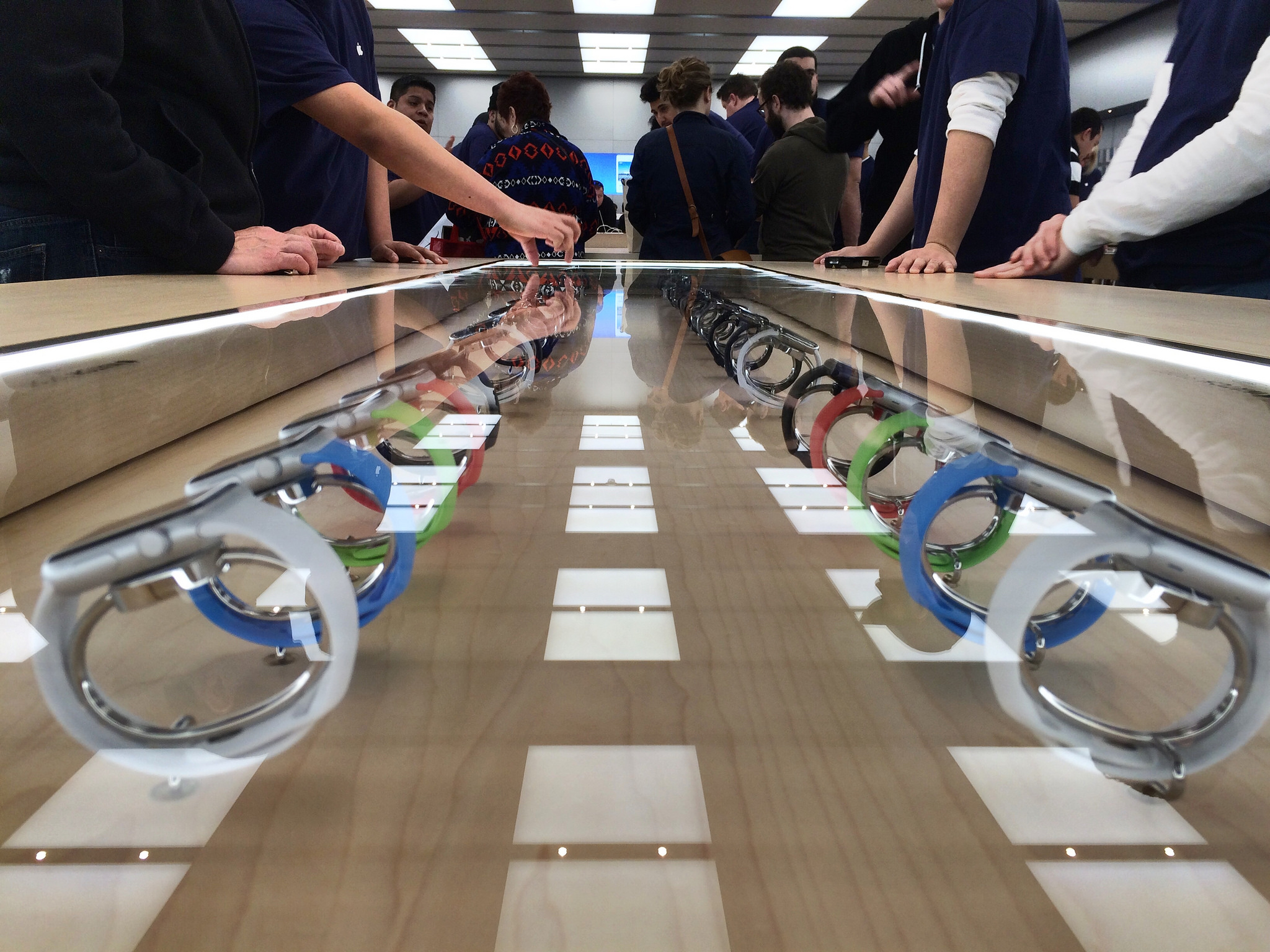
Did you buy Apple Watch? Tell us about it
Today we closed our poll asking readers if they would purchase the first fruit from the field tended by Tim Cook. Apple Watch marks the era of new gadgetry developed on the CEO's, er, watch. Sales started today, which effectively meant preordering two weeks ago. All three models are sold out from the company's online store, which lists ship dates as "June" for orders placed April 24.
Are you one of the lucky Apple Watch buyers? That's assuming you feel lucky. Two-thousand forty-nine people responded to our poll, with a stunning (and, honestly, unbelievable) 42 percent planning to buy the gadget. Really? Someone wants this gadget.

Tidal isn't a tsunami (but it can be)
Lossless leader Tidal has a problem. Last month's splashy relaunch let critics control the narrative, defining the streaming service as a tool for pampering the bank accounts of already successful musicians. But Tidal is something else: Affordable HiFi streaming for the listening elite—those people who want to enjoy music the way it was engineered, produced. The streamer should be the coolest thing, but the Jay Z ownership team fraked up the marketing messaging. Problem is fixable, but correction requires aggressive advertising, promotional pricing, and extraordinary exclusives.
For more than three weeks, I have listened to nothing but Tidal, and the service should challenge everyone signing up for the 30-day trial to do likewise. There is no other way for the majority of people to appreciate the aural benefits. The majority of potential subscribers are too accustomed to the muddy, mushy, overly-bassy sound of compressed, low-fidelity AAC or MP3 files. The brain and ears need to be freed from the habitual crappy sound to which they're accustomed. iTunes is a prison. Spotify is another. Tidal will liberate you. But you must want freedom to attain it.
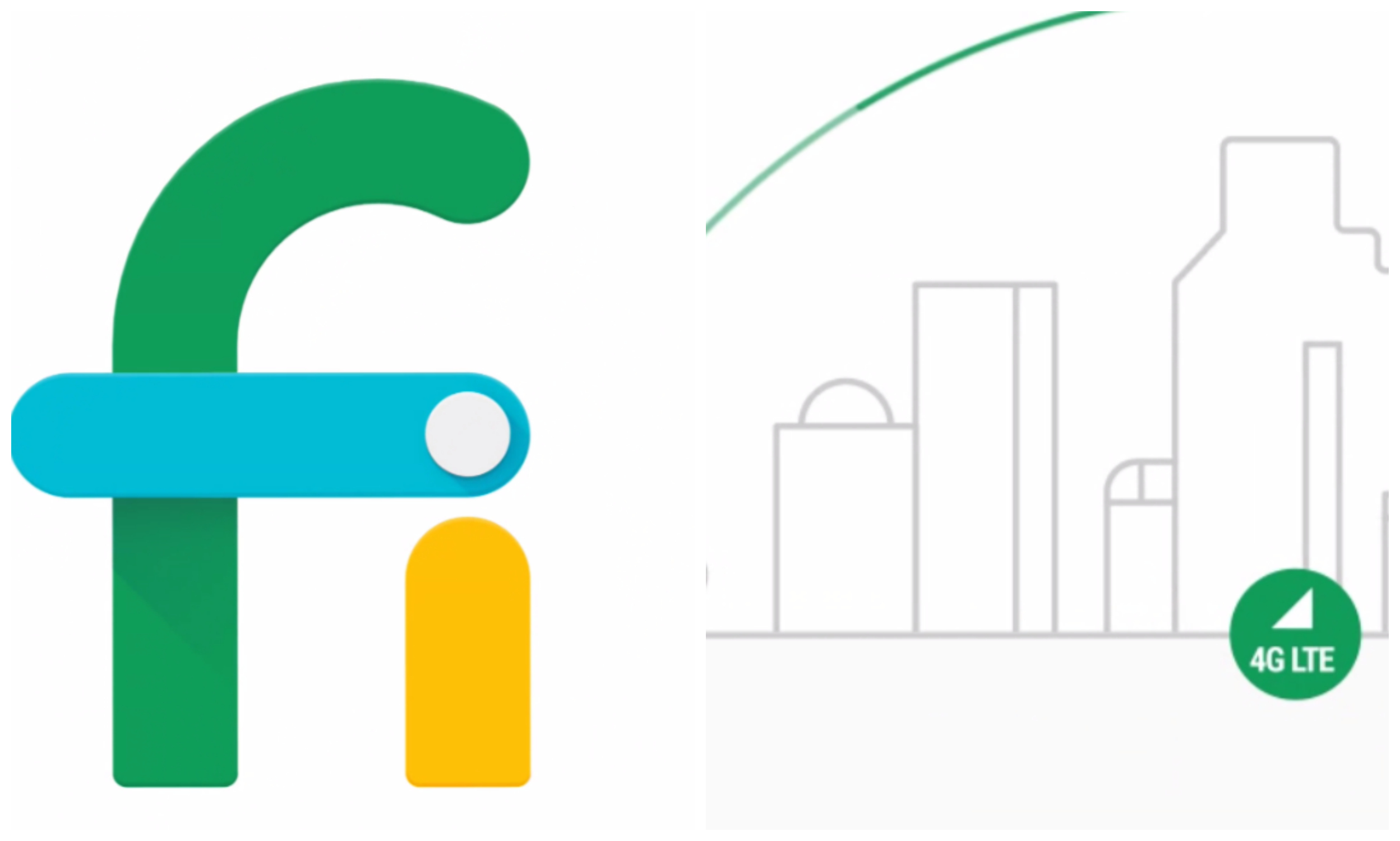
Google Project Fi is calling -- will you answer?
The waiting begins. This afternoon I asked the great Google god to bless me with an invite. If my homage is accepted, someday soon I can pay for the privilege of using the company's new piggyback cellular phone service. The thing is so exclusive, only one smartphone is supported. It's Nexus 6, or nothing, baby. I own one, so happens.
Project Fi switches between Sprint and T-Mobile cellular networks for core connectivity alongside wireless hotspots. That's why I call it a piggyback service; Google is not building out its own infrastructure. Fi is contextually conceived and consumed. Nexus 6 switches networks based on location and availability. Your phone number traverses devices, providing access on laptops and tablets, too. Context is what differentiates this service from every other.

